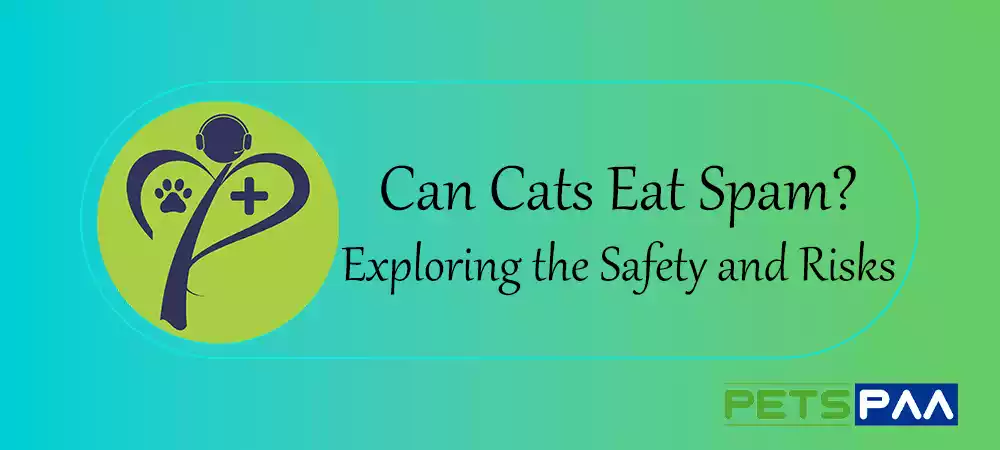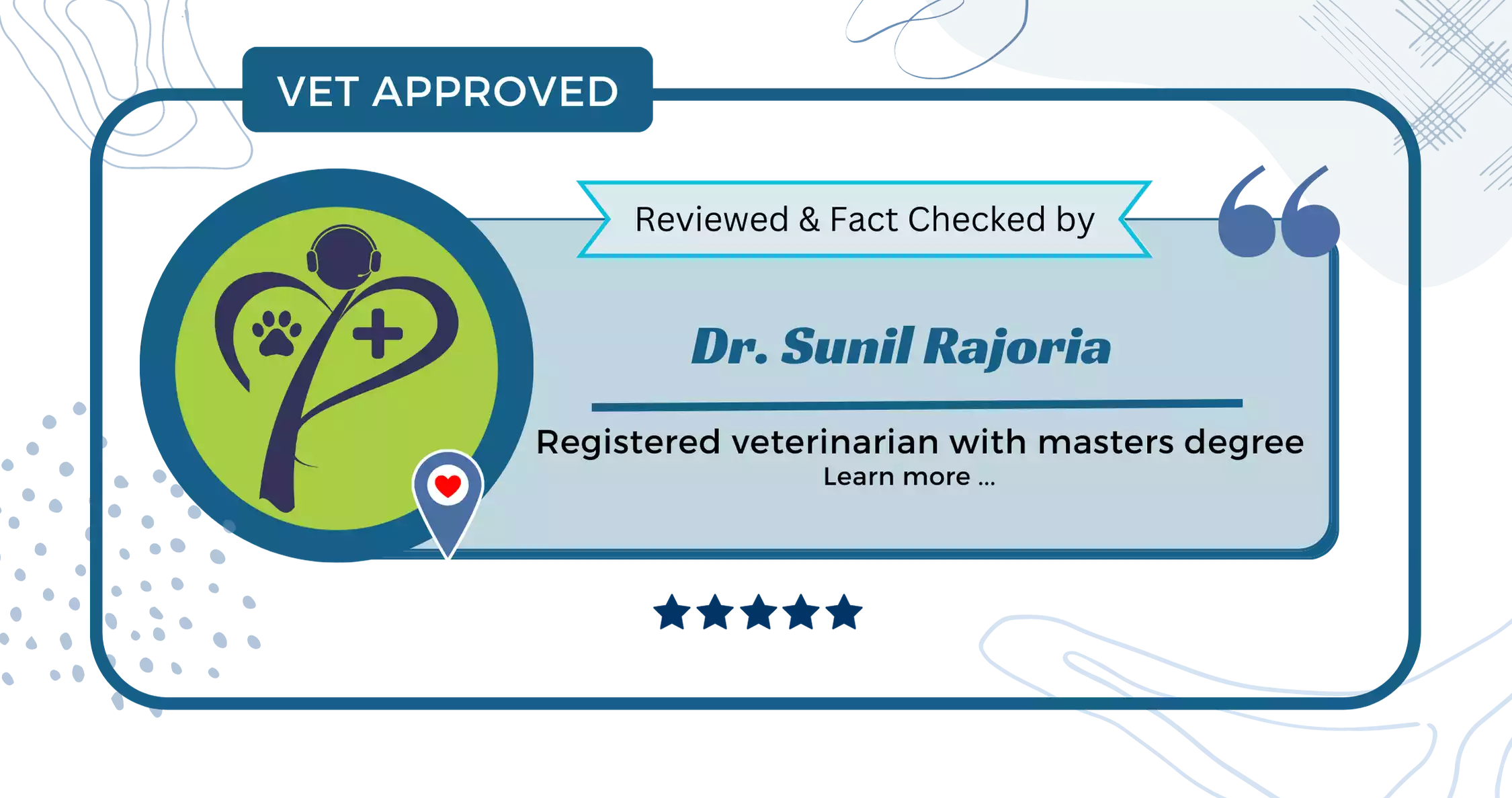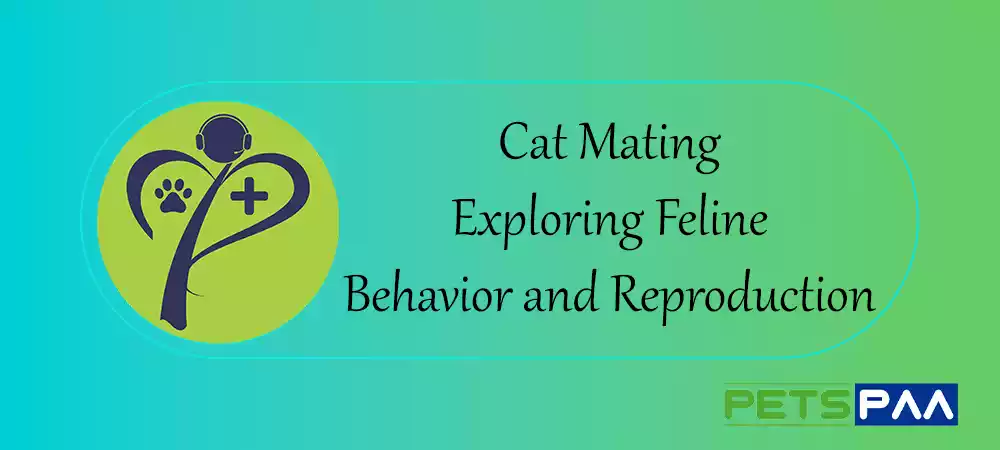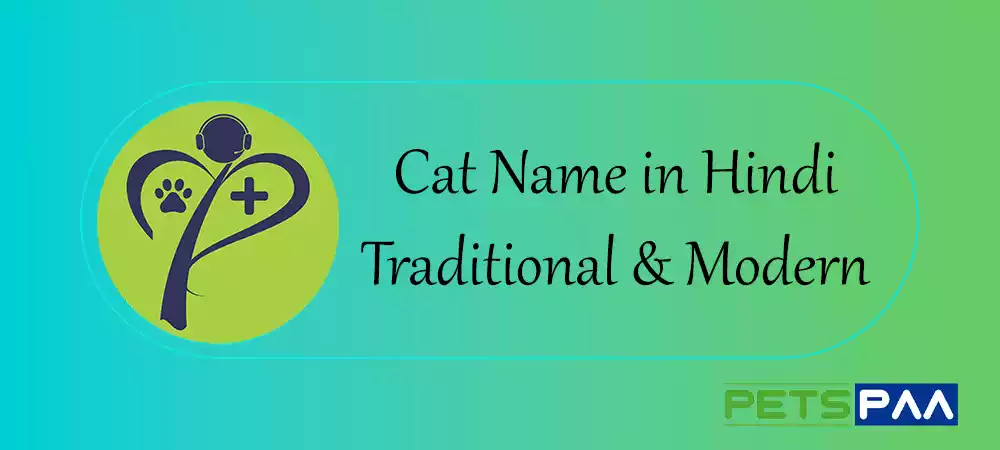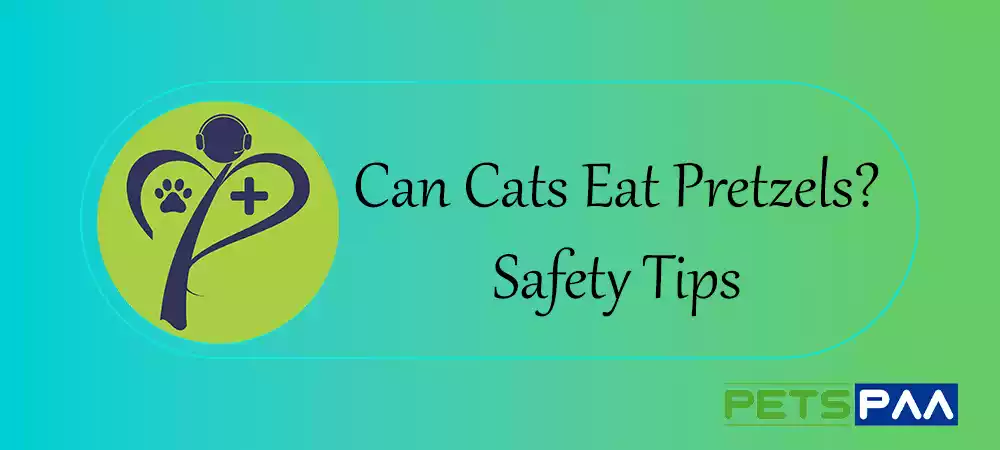Can Cats Eat Spam? Exploring the Safety and Risks
Table of Contents
Can Cats Eat Spam?
Spam, a popular tinned pork product, has made its way into many people’s eating routines. But what about our feline companions? Can cats eat spam?
In this post, we will look into the matter and give information on the risks and advantages of feeding spam to cats. So, let’s dive deeper with us to discover the truth behind this perplexing topic.
What is Spam?
Before we get into whether cats can eat spam, let’s first define spam. Spam is a canned meat product comprised of pork, ham, salt, water, sugar, and other ingredients. Many homes consider it a pantry essential because of its ease and lengthy shelf life.
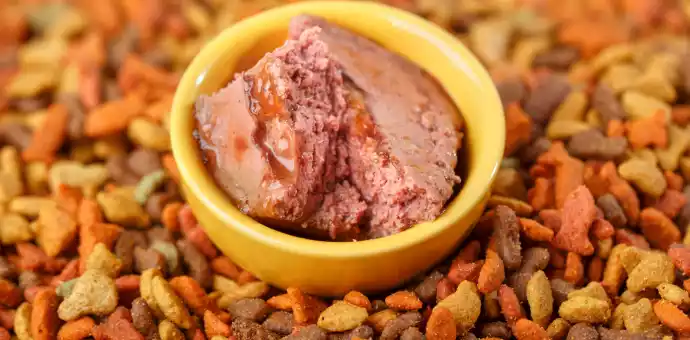
What is Spam made of?
The ingredients of spam include a mixture of pork and ham meat, salt, water, potato starch, sugar, and sodium nitrite. It is a preservative for food that is included in bacon, hot dogs, cured meats, sausage, and smoked fish.
Chopped pork shoulder meat, combined with ham, constitutes the main component of Spam. Pork from a pig’s shoulders comprises approximately 90% of Spam. The ingredients that are left include salt, water, modified potato starch (to bind), sugar, and sodium nitrite (as a means of preservation).
Nutrients in SPAM?
When it comes to nutrient content, spam has a reasonable quantity of protein, lipids (fats), and carbs but is rich in salt. On the other hand, spam is highly processed and contains additives such as preservatives and taste enhancers. These additions may or may not give nutritional advantages to cats.
SPAM Nutrients are as follows:
Nutrient | Amount per Serving (100g) |
Calories | 315 Kcal |
Protein | 13.4 g |
Fat | 26.6 g |
Carbohydrates | 4.6 g |
Sodium | 1410 mg |
Is Spam Healthy for Cats?
Now comes the big question: is spam beneficial for cats? While cats are obligate carnivores that require a protein-rich diet, spam is not an excellent source of nourishment for them.
Cats have special nutritional needs that are best met with high-quality, balanced cat food. On the other hand, spam is deficient in the nutrients that cats require to grow.
When Is It Safe For Cats To Eat Spam?
Giving your cat a modest quantity of spam may not cause immediate harm in some situations. It is important to note, however, that spam should never be considered a main meal for cats. If you opt to give your cat a little slice of spam as a treat, make sure it is free of flavors, additives, and extra salt.
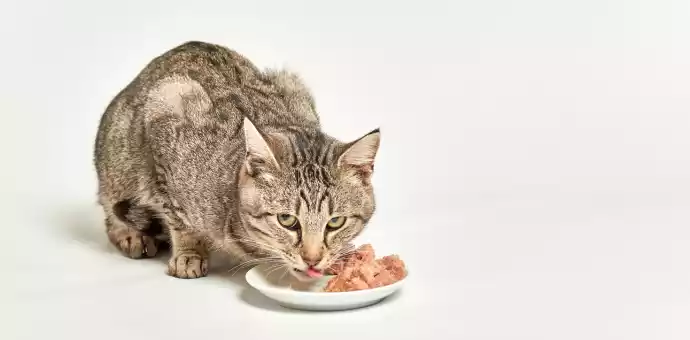
When Is Spam Harmful to Cats?
Spam can be dangerous to cats if taken in large quantities or frequently. Spam’s high sodium level can be dangerous to cats since their bodies are not designed to tolerate large amounts of salt. Furthermore, the chemicals and preservatives in spam may cause digestive difficulties or allergic responses in certain cats.
What Should You Do If Your Cat Accidentally Eats Spam?
There’s no reason to fear if your cat accidentally eats spam. Keep a watchful eye on your cat for any symptoms of pain or unpleasant reactions.
- Monitor your cat for any adverse reactions: Spam is not poisonous to cats, but it is still necessary to watch out for any strange signs.
- Find out how much your cat ate: Find out how much Spam your cat consumed and remove the rest of the luncheon meat from their reach.
- Be aware of other harmful foods for cats: Be aware of other harmful foods for cats, including chocolate, onions and garlic, grapes and raisins, dairy products, and raw meat and fish.
- Call your vet if necessary: If you suspect salt poisoning or if your cat exhibits symptoms such as vomiting, diarrhea, or lethargy, you must seek veterinary care as soon as possible.
Based on the particular condition of your cat, the vet can offer the appropriate advice and care.
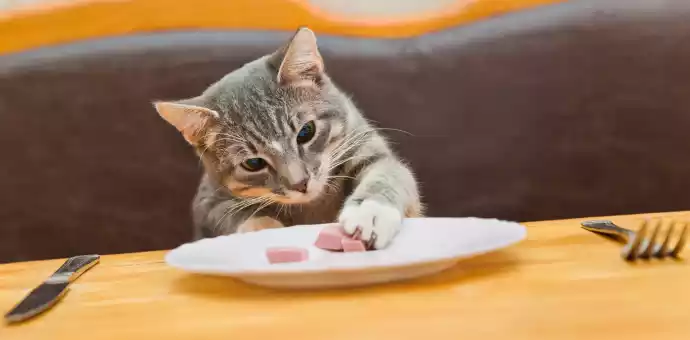
Spam Alternatives for Your Cat?
Instead of feeding your cat spam, choose healthier alternatives. Several cat-friendly protein sources on the market are specially tailored to fulfill your cat’s nutritional demands. High-quality cat meals, such as those that contain actual meat as the main component, are a safer and more balanced option for your feline buddy.
Spam Alternatives |
High-quality cat food |
Cooked, unseasoned chicken |
Cooked fish (without bones) |
Lean, cooked turkey or beef |
Freeze-dried meat treats |
Cat-specific protein supplements |
What Foods Should Not Feed to Cats?
While we’re talking about cat food, it’s crucial to be aware of other people’s meals to avoid. Chocolate, onions, garlic, caffeine, alcohol, and grapes are some typical foods that might be poisonous or hazardous to cats. These meals can cause a variety of health problems, ranging from gastrointestinal distress to more serious difficulties.
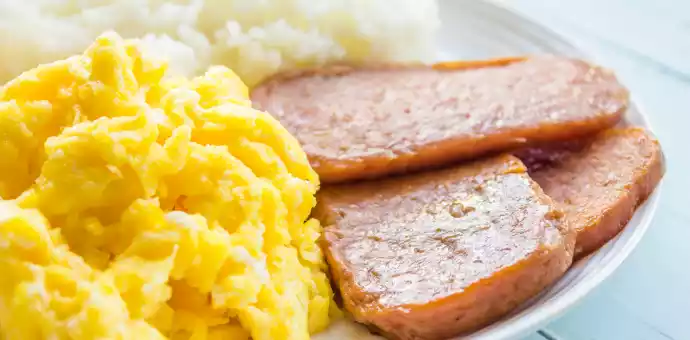
Aside from spam and the aforementioned items, avoid giving your cat anything that is strongly seasoned, fried, or processed. Cats’ digestive systems are delicate, and diets heavy in fat, salt, or sugar might be harmful to their general health. Always emphasize a properly balanced cat food and speak with your veterinarian for precise dietary advice.
Foods to Avoid Feeding Your Cat |
Chocolate |
Onions and garlic |
Caffeine (coffee, tea, energy drinks) |
Alcohol |
Grapes and raisins |
Dairy products (milk, cheese) (most cats are lactose intolerant) |
Raw eggs |
Heavily seasoned or spicy foods |
Fried or greasy foods |
Processed meats (sausages, hot dogs) |
Foods high in fat, salt, or sugar |
Raw or undercooked meat, fish, or eggs |
Bones from cooked meat or fish |
Foods containing artificial sweeteners |
Fruit seeds and Fruit stones (like a peach pit) |
Nightshades (like potatoes, tomatoes, or peppers) |
Mushrooms and Nuts |
Conclusion
To summarize, while cats can eat spam in moderation but it is not advised as a regular part of their diet. Spam is deficient in vital nutrients for cats and contains additives that may be harmful.
It is crucial to feed cats a balanced diet that includes high-quality cat food that has been specially prepared to satisfy their specific nutritional needs. Remember that a healthy and happy cat begins with a proper diet!
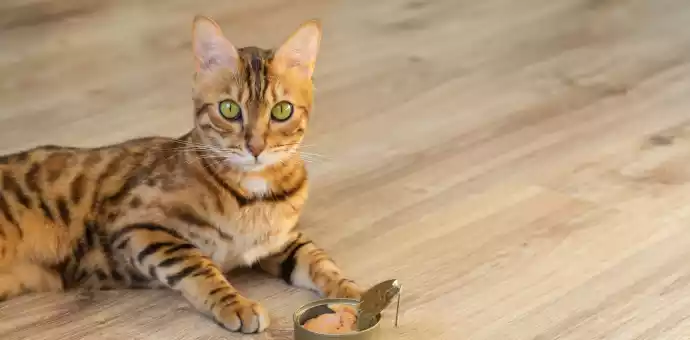
FAQs (Frequently Asked Questions)
If cats eat Spam, it is unlikely to cause immediate harm. Regular usage, on the other hand, might cause health problems. Spam is highly processed and heavy in salt, which might strain your cat’s kidneys and lead to dehydration or organ damage.
Although pets, including cats eat Spam, it is not recommended. Spam is not a nutritionally balanced diet for pets and is deficient in important nutrients. Feeding your pet a healthy meal designed particularly for their species is critical to their general health and well-being.
Spam is manufactured from pig, ham, salt, water, sugar, and a variety of additives such as sodium nitrite. It’s crucial to remember that Spam is a highly processed food item with a long shelf life.
Spam is not toxic to cats or other pets. However, its high salt content and chemicals might be harmful to their health. Excess salt consumption can cause dehydration, renal strain, and high blood pressure. It’s advisable to avoid giving your cat Spam regularly.
No, Spam is not all meat. It is a processed meat product that combines pig and ham. In addition to the meat, Spam contains additives, flavorings, and preservatives. These additives contribute to the flavor, texture, and shelf life of the product.
Spam is frequently considered a processed meat product rather than “junk meat.” While it may not have the same nutritional value as fresh, raw meats, individuals can nevertheless take it in moderation. Spam, on the other hand, is not suggested for cats and other pets due to its high salt level and lack of critical nutrients.

